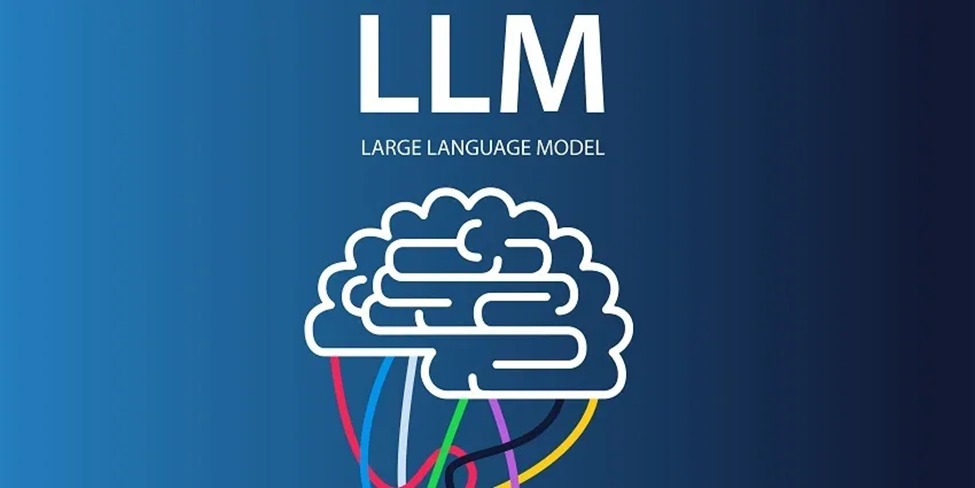Generative AI platforms are at the forefront of technological innovation, driving significant advancements in various industries. With their ability to create, analyze, and interpret vast amounts of data, these platforms empower businesses to enhance productivity, optimize operations, and improve customer engagement. This article explores the key features of generative AI platforms, the role of Large Language Model (LLM) applications in development, and the transformative impact of AI copilot solutions for sales.
Key Features of Generative AI Platforms
1. Natural Language Processing (NLP)
Generative AI platforms leverage advanced natural language processing to understand and generate human-like text. This capability enables businesses to create automated content, such as marketing copy, customer communications, and technical documentation. By processing and analyzing language patterns, generative AI can produce coherent and contextually relevant outputs that resonate with users.
2. Data Generation and Augmentation
One of the most powerful features of generative AI platforms is their ability to generate synthetic data. This is particularly valuable for training machine learning models, especially when real-world data is scarce or expensive to obtain. By augmenting datasets with generated samples, businesses can improve the performance of their AI models, resulting in more accurate predictions and insights.
3. Customization and Personalization
Generative AI platforms allow for high levels of customization and personalization. Businesses can tailor AI outputs to meet specific needs, whether for targeted marketing campaigns or personalized customer interactions. This feature enhances user experience and increases engagement by ensuring that content is relevant and appealing to individual customers.
4. Advanced Analytics and Insights
Generative AI platforms provide robust analytical capabilities, enabling businesses to extract valuable insights from data. These platforms can analyze trends, predict outcomes, and identify opportunities for growth. By leveraging AI-generated insights, organizations can make data-driven decisions that enhance operational efficiency and drive strategic initiatives.
5. Automation of Routine Tasks
Automation is a critical feature of generative AI platforms, streamlining workflows and reducing the burden of repetitive tasks. Businesses can automate processes such as data entry, report generation, and customer follow-ups, freeing up valuable time for employees to focus on higher-value activities. This not only improves productivity but also reduces the risk of human error.
The Role of LLM Applications Development
1. Enhancing User Interaction
Large Language Models (LLMs) play a pivotal role in enhancing user interaction with AI systems. These models are designed to understand context and nuances in language, enabling more meaningful and productive conversations between users and AI. As a result, businesses can provide superior customer service and support, addressing inquiries promptly and accurately.
2. Facilitating Knowledge Management
LLM applications are instrumental in managing knowledge within organizations. By processing and organizing vast amounts of information, LLMs can serve as knowledge repositories that employees can easily access. This capability fosters a culture of collaboration and knowledge sharing, ultimately improving overall efficiency and decision-making processes.
3. Supporting Content Creation
LLMs are valuable tools for content creation, assisting businesses in generating high-quality written materials. Whether for blog posts, social media updates, or technical documentation, LLMs can produce relevant and engaging content tailored to specific audiences. This not only saves time but also enhances the quality of outputs, ensuring consistency and professionalism.
4. Streamlining Development Processes
The development of LLM applications has become increasingly streamlined, thanks to advancements in generative AI. Developers can leverage pre-trained models and fine-tune them for specific tasks or industries, accelerating the deployment of AI solutions. This agility allows businesses to innovate rapidly and stay competitive in a fast-paced market.
5. Ethical Considerations and Responsible AI
As LLM applications become more prevalent, ethical considerations surrounding their use are paramount. Businesses must ensure that their AI systems are designed responsibly, addressing issues such as bias and transparency. By adopting ethical AI practices, organizations can build trust with users and stakeholders, fostering a positive reputation in the marketplace.
AI Copilot Solutions for Sales
1. Empowering Sales Teams
AI copilot solutions serve as intelligent assistants for sales teams, providing valuable insights and recommendations throughout the sales process. By analyzing customer data and market trends, AI copilots can identify potential leads, suggest tailored outreach strategies, and even forecast sales performance. This empowerment enables sales teams to focus on building relationships and closing deals.
2. Personalizing Customer Interactions
AI copilots excel at personalizing customer interactions by analyzing past behavior and preferences. They can suggest customized messaging and product recommendations, enhancing the overall customer experience. By delivering relevant content at the right time, AI copilots can increase conversion rates and foster customer loyalty.
3. Automating Administrative Tasks
Administrative tasks can consume a significant amount of a sales team’s time. AI copilot solutions automate routine activities such as scheduling meetings, sending follow-up emails, and managing CRM updates. This automation allows sales professionals to allocate more time to engaging with prospects and nurturing relationships, ultimately driving sales growth.
4. Real-Time Data Analysis
AI copilot for sales provides real-time data analysis, enabling sales teams to make informed decisions on the fly. By monitoring sales performance and market conditions, AI copilots can offer actionable insights that inform strategy adjustments. This agility is crucial in today’s fast-paced sales environment, where timely decisions can make all the difference.
5. Continuous Learning and Improvement
AI copilot solutions continually learn and adapt based on user interactions and feedback. This iterative process ensures that the AI remains relevant and effective, evolving alongside changing market dynamics. As sales teams utilize AI copilots, the technology becomes more adept at providing tailored recommendations, ultimately enhancing performance over time.
Conclusion
Gen AI platforms are transforming the business landscape by offering features that enhance productivity, drive innovation, and optimize customer interactions. The role of LLM applications in development is pivotal, enabling organizations to improve user engagement, streamline processes, and create high-quality content. Additionally, AI copilot solutions for sales empower teams to deliver personalized experiences and automate routine tasks, resulting in increased efficiency and sales growth.
As businesses continue to embrace generative AI, they must remain vigilant about ethical considerations and responsible AI practices. By harnessing the power of generative AI and LLM applications, organizations can unlock new opportunities for success, fostering innovation and driving sustainable growth in an ever-evolving market.



